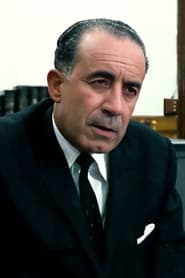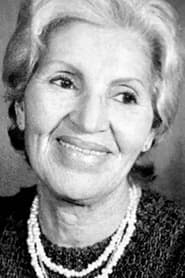Movie: Khouth Ma Aâtak Allah (عرس الدايم, خود ما اعطاك الله)
Top 10 Billed Cast
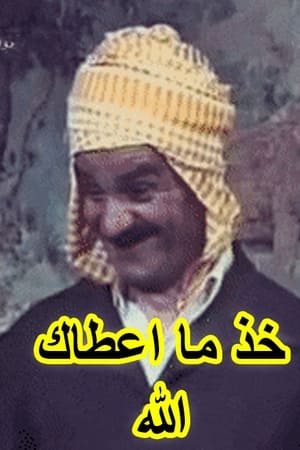
Khouth Ma Aâtak Allah (عرس الدايم, خود ما اعطاك الله)
HomePage
Overview
Release Date
1981-01-01
Average
7.5
Rating:
3.8 startsTagline
Genres
Languages:
العربيةKeywords
Recommendations Movies
 6.4
6.4Ice Age: Continental Drift(en)
Manny, Diego, and Sid embark upon another adventure after their continent is set adrift. Using an iceberg as a ship, they encounter sea creatures and battle pirates as they explore a new world.
 6.4
6.4Men in Black II(en)
Kay and Jay reunite to provide our best, last and only line of defense against a sinister seductress who levels the toughest challenge yet to the MIB's untarnished mission statement – protecting Earth from the scum of the universe. It's been four years since the alien-seeking agents averted an intergalactic disaster of epic proportions. Now it's a race against the clock as Jay must convince Kay – who not only has absolutely no memory of his time spent with the MIB, but is also the only living person left with the expertise to save the galaxy – to reunite with the MIB before the earth submits to ultimate destruction.
 5.7
5.7Legally Blonde 2: Red, White & Blonde(en)
Now a rising young lawyer, Elle Woods is about to make partner at her firm, but when she finds out her dog's relatives are being used as cosmetic test subjects, she heads to Washington D.C. to fight for animal rights.
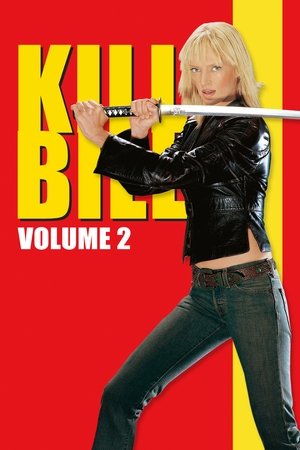 7.9
7.9Kill Bill: Vol. 2(en)
The Bride unwaveringly continues on her roaring rampage of revenge against the band of assassins who had tried to kill her and her unborn child. She visits each of her former associates one-by-one, checking off the victims on her Death List Five until there's nothing left to do … but kill Bill.
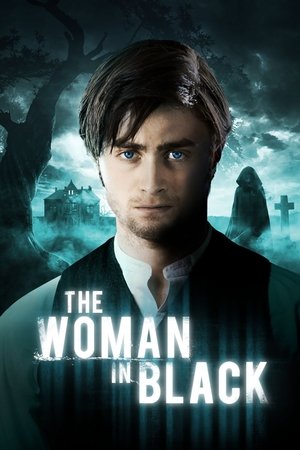 6.1
6.1The Woman in Black(en)
The story follows a young lawyer, Arthur Kipps, who is ordered to travel to a remote village and sort out a recently deceased client’s papers. As he works alone in the client’s isolated house, Kipps begins to uncover tragic secrets, his unease growing when he glimpses a mysterious woman dressed only in black. Receiving only silence from the locals, Kipps is forced to uncover the true identity of the Woman in Black on his own, leading to a desperate race against time when he discovers her true identity.
 7.2
7.2Limitless(en)
The life of an unsuccessful writer is transformed by a top-secret 'smart drug' that allows him to use 100% of his brain and become a perfect version of himself. His enhanced abilities soon attract shadowy forces that threaten his new life.
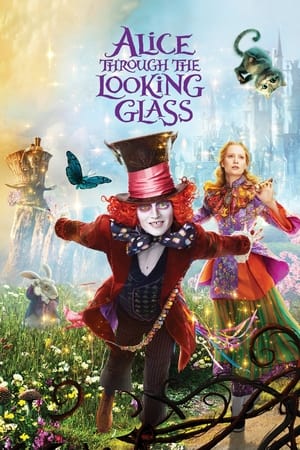 6.6
6.6Alice Through the Looking Glass(en)
Alice Kingsleigh returns to Underland and faces a new adventure in saving the Mad Hatter.
 6.4
6.4X-Men: The Last Stand(en)
When a cure is found to treat mutations, lines are drawn amongst the X-Men—led by Professor Charles Xavier—and the Brotherhood, a band of powerful mutants organised under Xavier's former ally, Magneto.
 6.2
6.2The Interview(en)
Dave Skylark and his producer Aaron Rapaport run the celebrity tabloid show "Skylark Tonight". When they land an interview with a surprise fan, North Korean dictator Kim Jong-un, they are recruited by the CIA to turn their trip to Pyongyang into an assassination mission.
 6.5
6.5The Amazing Spider-Man 2(en)
For Peter Parker, life is busy. Between taking out the bad guys as Spider-Man and spending time with the person he loves, Gwen Stacy, high school graduation cannot come quickly enough. Peter has not forgotten about the promise he made to Gwen’s father to protect her by staying away, but that is a promise he cannot keep. Things will change for Peter when a new villain, Electro, emerges, an old friend, Harry Osborn, returns, and Peter uncovers new clues about his past.
 7.6
7.6The Hobbit: The Desolation of Smaug(en)
The Dwarves, Bilbo and Gandalf have successfully escaped the Misty Mountains, and Bilbo has gained the One Ring. They all continue their journey to get their gold back from the Dragon, Smaug.
 6.9
6.921 Jump Street(en)
When cops Schmidt and Jenko join the secret Jump Street unit, they use their youthful appearances to go undercover as high school students. They trade in their guns and badges for backpacks, and set out to shut down a dangerous drug ring. But, as time goes on, Schmidt and Jenko discover that high school is nothing like it was just a few years earlier -- and, what's more, they must again confront the teenage terror and anxiety they thought they had left behind.
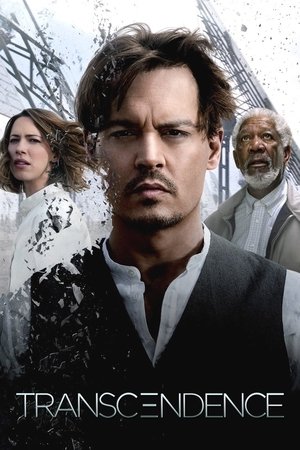 6.1
6.1Transcendence(en)
Two leading computer scientists work toward their goal of Technological Singularity, as a radical anti-technology organization fights to prevent them from creating a world where computers can transcend the abilities of the human brain.
 5.6
5.6Admission(en)
Straitlaced Princeton University admissions officer Portia Nathan is caught off-guard when she makes a recruiting visit to an alternative high school overseen by her former classmate, the freewheeling John Pressman. Pressman has surmised that Jeremiah, his gifted yet very unconventional student, might well be the son that Portia secretly gave up for adoption many years ago.
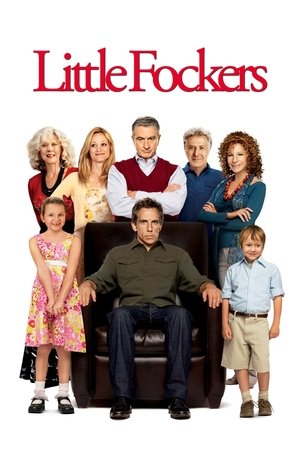 5.7
5.7Little Fockers(en)
It has taken 10 years, two little Fockers with wife Pam and countless hurdles for Greg to finally get in with his tightly wound father-in-law, Jack. After the cash-strapped dad takes a job moonlighting for a drug company, Jack's suspicions about his favorite male nurse come roaring back. When Greg and Pam's entire clan descends for the twins' birthday party, Greg must prove to the skeptical Jack that he's fully capable as the man of the house.
 7.7
7.7Ask Me If I'm Happy(it)
Aspiring thespians Aldo, Giovanni and Giacomo work dead-end jobs while nurturing the dream of staging their production of Cyrano de Bergerac, but love for the same lady will tear their friendship apart. Three years later, Giovanni and Giacomo reunite after learning that Aldo is dying.
 7.0
7.0Star Trek VI: The Undiscovered Country(en)
After years of war, the Federation and the Klingon empire find themselves on the brink of a peace summit when a Klingon ship is nearly destroyed by an apparent attack from the Enterprise. Both worlds brace for what may be their deadliest encounter.
 5.8
5.8Welcome to the North(it)
Now in the Far North (i.e. Milan!), Alberto has accepted to manage a program for efficiency improvement in the Italian Post. He devotes all his time and all his energy to this noble task and neglects his wife Silvia, which of course annoys her beyond limits. Things do not fare much better in Castellabate where it is rather Maria, Matta's wife, who gets on his nerves by always blaming him for his lack of ambition. One day, due to a misunderstanding, Mattia is transferred to... Milan! And on whose doorstep does he land? Alberto's of course!
 6.1
6.1Tequila Sunrise(en)
In a seaside California town, best friends Mac and Nick are on opposite sides of the law. Mac is a former drug dealer trying to clean up his act, while Nick is a high-profile detective trying to take down a Mexican drug lord named Carlos. Soon Nick's loyalties are put to the test when he begins an affair with restaurateur Jo Ann -- a love interest of Mac's -- unwittingly leading his friend into a police-orchestrated trap.
Similar Movies
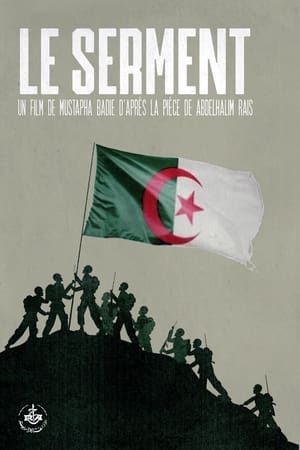 10.0
10.0Le Serment(ar)
The Oath, a TV film produced by Algerian television in 1963 following the end of the war of independence, tells the story of young Algerians who joined the resistance after the bloody repressions of May 1945 in Constantinois by the French colonial army .
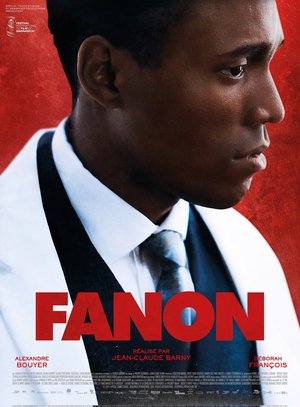 6.4
6.4Fanon(fr)
Frantz Fanon, a French psychiatrist from Martinique, has just been appointed head of department at the psychiatric hospital in Blida, Algeria. His methods contrast with those of the other doctors in a context of colonization. A biopic in the heart of the Algerian war where a fight is waged in the name of Humanity.
 7.9
7.9The Battle of Algiers(it)
Tracing the struggle of the Algerian Front de Liberation Nationale to gain freedom from French colonial rule as seen through the eyes of Ali from his start as a petty thief to his rise to prominence in the organisation and capture by the French in 1957. The film traces the rebels' struggle and the increasingly extreme measures taken by the French government to quell the revolt.
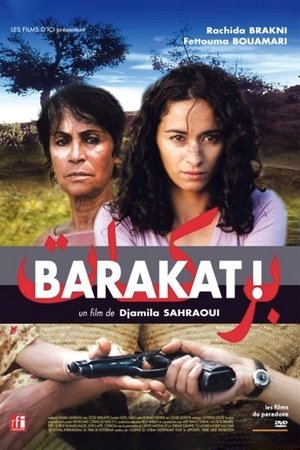 4.8
4.8Enough!(ar)
Set amidst the civil war of Algeria in the 1990s, Enough! is the story of two women. Emel is a Westerner whose husband, a journalist, is missing - perhaps kidnapped or even killed for articles he's written.
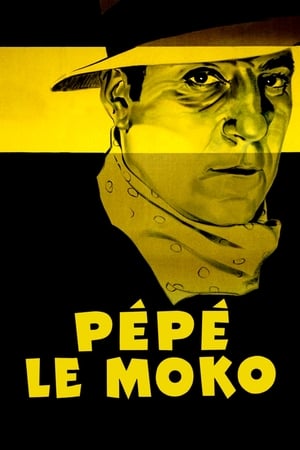 7.2
7.2Pépé le Moko(fr)
Pépé le Moko, one of France's most wanted criminals, hides out in the Casbah section of Algiers. He knows police will be waiting for him if he tries to leave the city. When Pépé meets Gaby, a gorgeous woman from Paris who is lost in the Casbah, he falls for her.
 10.0
10.0Final Round(fr)
Rachid is a young man who survives in Morroco boxing in clandestine fights in order to save enough money with which to pay a smuggler, and be able to cross the Strait of Gibraltar with his two friends.
 5.0
5.0A Son of the Sahara(en)
As a boy, Raoul is reared by an Arab tribe in Algerian Sahara. Years later, as a refined Europeanized gentleman, he falls in love with Barbara, an officer's daughter, who rejects him when she discovers his background. Affecting a raid, he captures her and then secretly buys her at a slave auction. When she is rescued by French troops, however, his ancestry is established and they find happiness together.
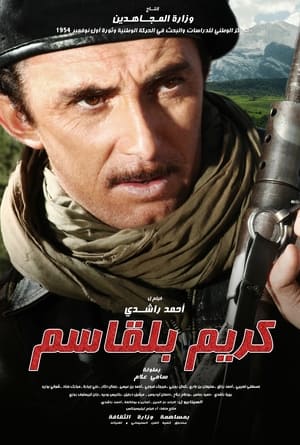 10.0
10.0Krim Belkacem(ar)
This film retraces the combat journey of Krim Belkacem, one of the leading figures of the Algerian War. When he left the Dellys barracks in October 1945, the day after the Second World War, Krim Belkacem was 23 years old. He is a man revolted by the May massacres in Sétif, Guelma, Kherrata and several other localities in the ravaged country. But it is also and above all a young Algerian who questions the future of Algeria. On March 21, 1947, Krim at the age of 25, he dug up his "Sten" submachine gun, he took action against the boss of his douar who was none other than his cousin. He goes into hiding with six companions. He meshes this entire part of Algeria with a dense and dense network with the sole objective of taking action which will lead to the outbreak of the armed struggle on November 1, 1954.
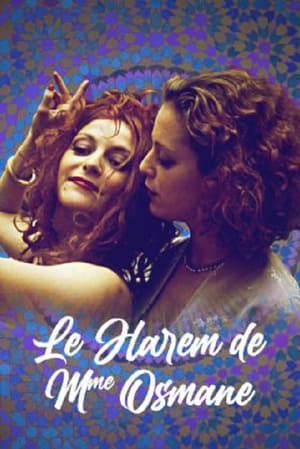 6.2
6.2The Harem of Madame Osmane(fr)
In Algiers in 1993, while the civil war is starting, Mrs Osmane's tenants have to endure her bad temper. Her husband left her and the fear to lose her respectability haunt her. The former member of the Resistance during the Independence War persists in controlling the slightest moves of the households rather than struggle against her own frustrations. Learning her daughter is in love, the possibility of finding herself alone will push her to the limit: The symbolical Mrs Osmane "harem" is about to collapse.
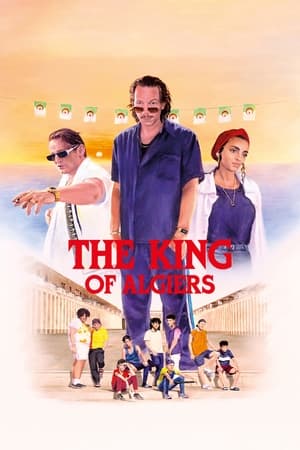 6.0
6.0The King of Algiers(fr)
Omar, better known as Omar the Strawberry, is an old-fashioned bandit. Forced to flee to Algeria, he makes a living out of petty crime, accompanied by his famous sidekick Roger. After decades of ruling the French criminal underworld, they must come to terms with their new life together, which until now has been one of debauchery and violence.
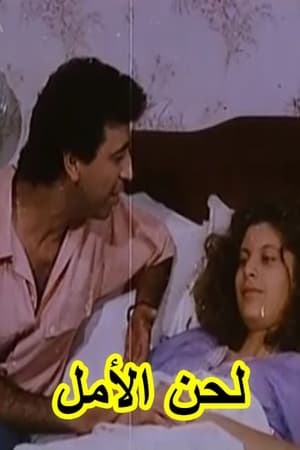 8.5
8.5لحن الأمل (Lahn El-Almel)(ar)
Abderrahim is a mechanic and singer in his spare time. One day, he receives a car to repair, driven by a very beautiful girl. It's love at first sight. They want to get married and start a family, but the girl's parents do not view this love favorably. They decide to marry their daughter to another man. Subsequently, Abderrahim became a famous singer. The loss of her love leaves the young girl in a state of silence from which only Abderrahim can break her.
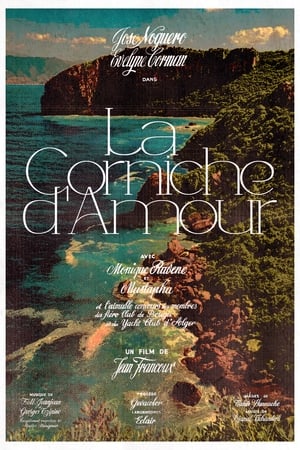 0.0
0.0La Corniche d'Amour(fr)
Two rich tourists, a photographer and a painter, meet during a walk in Kabylia. Their wanderings are an opportunity to highlight the many tourist and picturesque places on the Algerian coast. This film commissioned by the Defense Communication and Audiovisual Production Establishment (ECPAD), attempts to sell a tourist destination when Algeria was in flames with the outbreak of the Algerian national liberation war. Filmed with the colonial lens of the time, the natives are only one element of a picturesque setting, and the final kiss between a French woman and an Arab man is an attempt to demonstrate a pacified country. Despite everything, the film constitutes a precious archive for Béjaïa, which is the subject for the first time of a film which immortalizes a moment in its history, and to introduce the work of Tahar Hannache, actor, cinematographer and director, one of the pioneers of Algerian cinema.
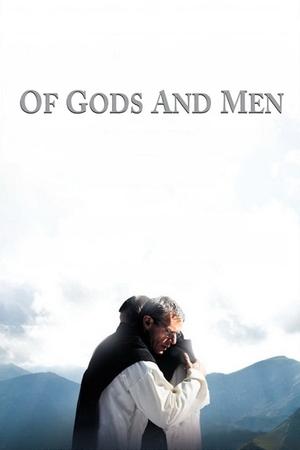 6.7
6.7Of Gods and Men(fr)
A group of Trappist monks reside in the monastery of Tibhirine in Algeria, where they live in harmony with the largely muslim population. When a bloody conflict between Algeria's army and Muslim Jihadi insurgents disrupts the peace, they are forced to consider fleeing the monastery and deserting the villagers they have ministered to. In the face of deadly violence the monks wrestle with their faith and their convictions, eventually deciding to stay and help their neighbours keep the army and the insurgents at bay.
 7.2
7.2Dawn of the Damned(fr)
This excellent feature-length documentary - the story of the imperialist colonization of Africa - is a film about death. Its most shocking sequences derive from the captured French film archives in Algeria containing - unbelievably - masses of French-shot documentary footage of their tortures, massacres and executions of Algerians. The real death of children, passers-by, resistance fighters, one after the other, becomes unbearable. Rather than be blatant propaganda, the film convinces entirely by its visual evidence, constituting an object lesson for revolutionary cinema.
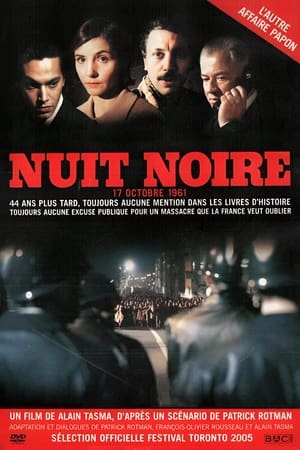 7.3
7.3Dark Night, October 17, 1961(fr)
Parisian authorities clash with the Front de Libération Nationale (FLN) in director Alain Tasma’s recounting of one of the darkest moments of the Algerian War of Independence. As the war wound to a close and violence persisted in the streets of Paris, the FLN and its supporters adopted the tactic of murdering French policemen in hopes of forcing a withdrawal. When French law enforcement retaliated by brutalizing Algerians and imposing a strict curfew, the FLN organizes a peaceful demonstration that drew over 11,000 supporters, resulting in an order from the Paris police chief to take brutal countermeasures. Told through the eyes of both French policemen as well as Algerian protestors, Tasma’s film attempts to get to the root of the tragedy by presenting both sides of the story.
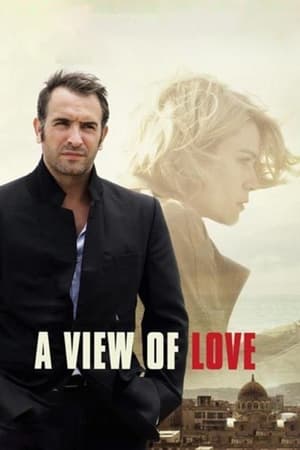 6.0
6.0A View of Love(fr)
Happily married with a daughter, Marc is a successful real estate agent in Aix-en-Provence. One day, he has an appointment with a woman to view a traditional country house. A few hours later, Marc finally puts a name to her face. It's Cathy, the girl he was in love with growing up in Oran, Algeria, in the last days of the French colonial regime. Marc hurries to her hotel. They spend the night together. Then she's gone again. And Marc's mother tells him Cathy never left Algeria. She was killed with her father in a bombing just before independence...
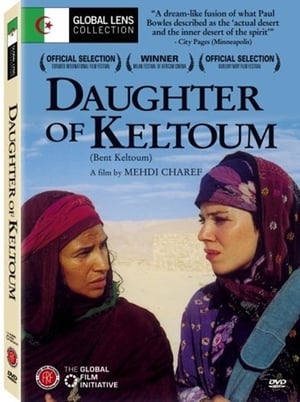 7.3
7.3Daughter of Keltoum(fr)
A 19 year-old Swiss woman travels to her birthplace—an isolated, barren Berber settlement in the mountainous desert landscape of Algeria—to find her biological mother, whom she has never met. The perilous journey immerses her in a world virtually untouched by contemporary society, one that still clings to tribal mores and strict religious codes of conduct.
 6.8
6.8Far from Men(fr)
A French teacher in a small Algerian village during the Algerian War forms an unexpected bond with a dissident who is ordered to be turned in to the authorities.
 7.0
7.0Jamila, the Algerian(ar)
Djamila, a young Algerian woman living with her brother Hadi and her uncle Mustafa in the Casbah district of Algiers under the French occupation of Algeria, sees the full extent of injustice, tyranny and cruelty on his compatriots by French soldiers. Jamila's nationalist spirit will be strengthened when French forces invade her university to arrest her classmate Amina who commits suicide by ingesting poison. Shortly after the prominent Algerian guerrilla leader Youssef takes refuge with her, she realizes that her uncle Mustafa is part of this network of anti-colonial rebel fighters. Her uncle linked her to the National Liberation Front (FLN). A series of events illustrate Jamila's participation in resistance operations against the occupier before she was finally captured and tortured. Finally, despite the efforts of her French lawyer, Jamila is sentenced to death...
 0.0
0.0True Chronicles of the Blida Joinville Psychiatric Hospital in the Last Century, when Dr Frantz Fanon Was Head of the Fifth Ward between 1953 and 1956(ar)
1953, colonized Algeria. Fanon, a young black psychiatrist is appointed head doctor at the Blida-Joinville Hospital. He was putting his theories of ‘Institutional Psychotherapy’ into practice in opposition to the racist theories of the Algies School of Psychiatry, while a war broke out in his own wards.

